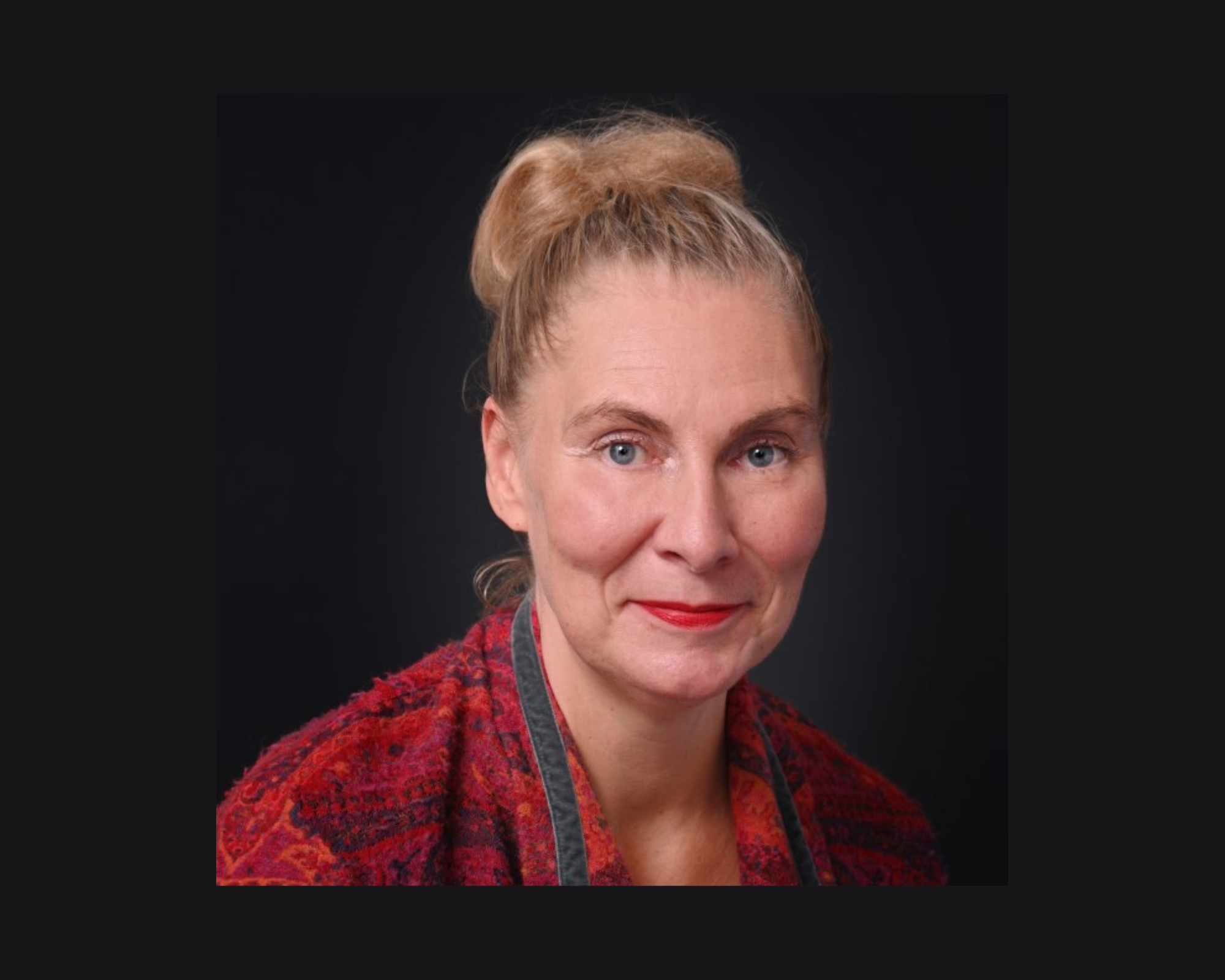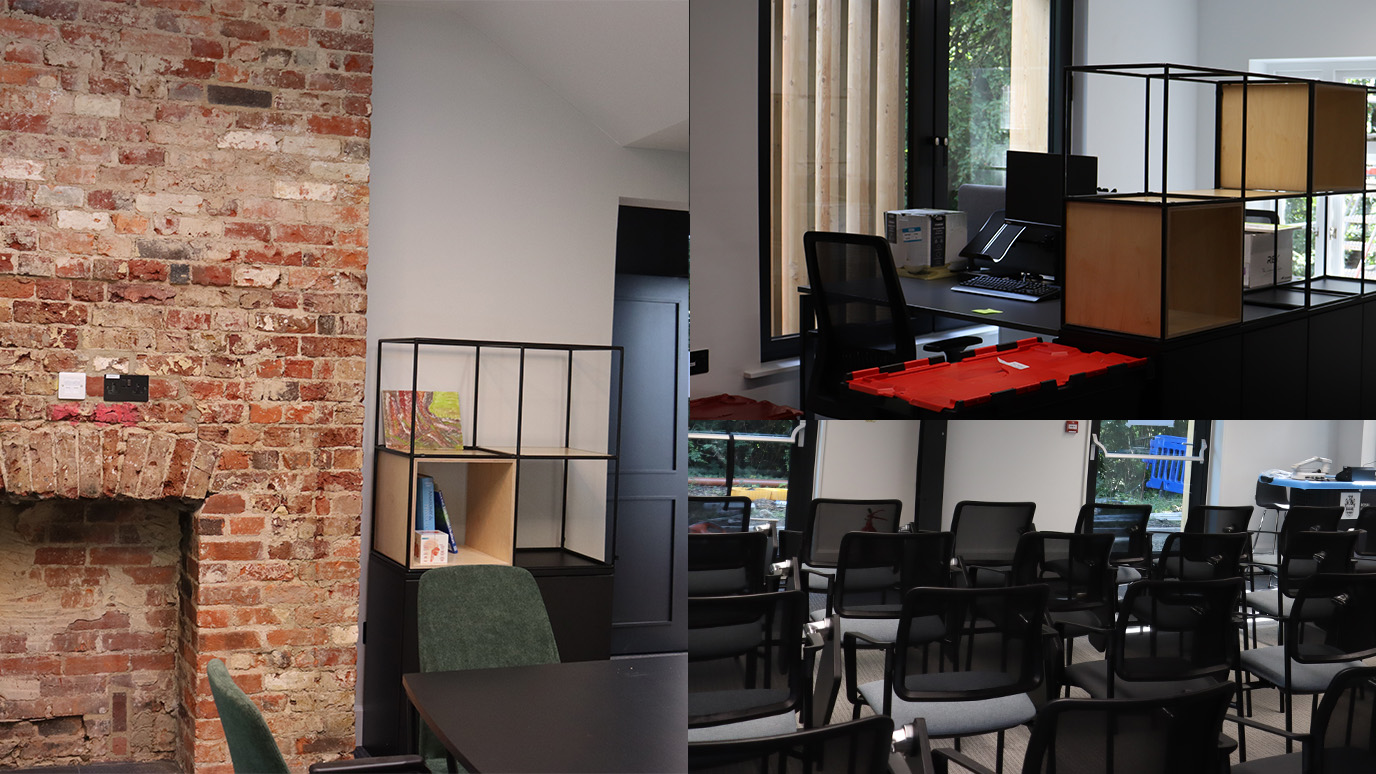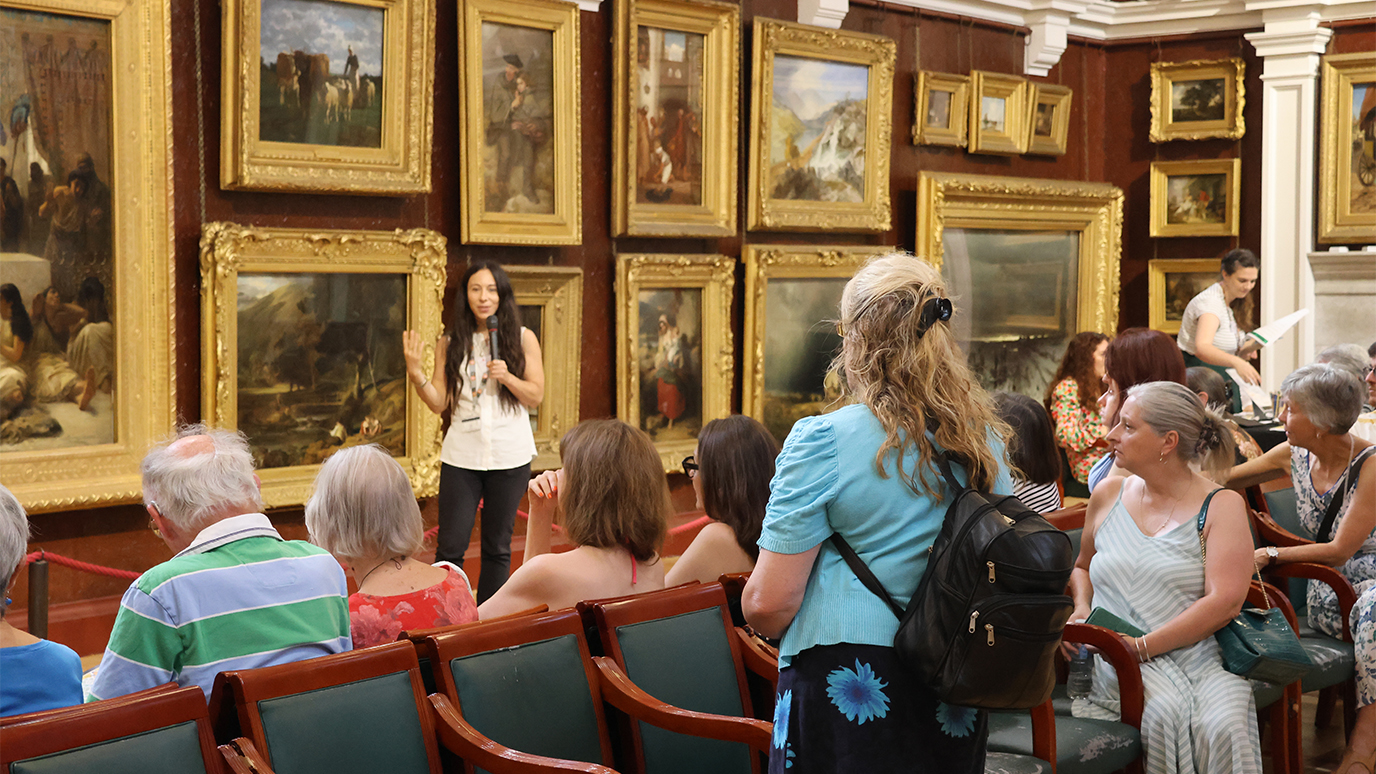This update shares a high-level summary of progress and priorities on student accommodation, transport and parking, and antisocial behaviour.

Earlier this year, Royal Holloway and local community representatives came together to form three dedicated Working Groups focused on student accommodation, transport and parking, and antisocial behaviour. These groups were established through the Royal Holloway Runnymede Consultative Group (RHRCG), with the aim of finding shared, practical solutions to long-standing local concerns.
The groups operate under Chatham House Rules to allow for open and honest discussion, so this update shares a high-level summary of progress and priorities. It reflects joint efforts to explore practical solutions and respond to long-standing local concerns. The RHRCG will meet later this summer to conclude the Working Groups’ current phase and agree shared recommendations and next steps.
Antisocial Behaviour
This group has been working to move the conversation forward on a number of longstanding community concerns and to agree shared ways of tackling them. Discussions so far have focused on three key areas: preventing antisocial behaviour, improving how it is reported, and strengthening how different organisations respond.
On prevention, the group is reviewing how the university’s annual “Be a Good Neighbour” campaign could be improved by including clearer messages about the university’s expectations for students’ conduct as they transition into living in the community. This material will include the voices and faces of residents and will be extended to all new students through the Welcome Pack. The group is also exploring the possibility of proactive night-time patrols involving the Police and Borough Council on key dates in the university calendar.
To support more consistent reporting, a new “Noise Nuisance” poster has been produced and issued jointly through the Residents’ Associations, and further clear messages to help the community are being considered. There are ongoing discussions about how to align the university’s and Borough Council’s data definitions and reporting formats to give a clearer picture of what is happening locally. The Borough Council is also exploring options for streamlining the reporting process for antisocial behaviour and noise complaints through their “Report It” web page, to provide a user-friendly online reporting point.
On response, work is underway to make the process of handling complaints more transparent, including how information about follow-up action taken can be shared with residents within the confines of data protection legislation. The university is also looking into the idea of a reactive “hotline” for night-time incidents.
The group will continue to meet monthly to track progress and develop further proposals. Its focus is on practical changes, shared accountability, and long-term improvements to the way these issues are understood and managed across the community.
Student Accommodation
This group has focused on the impact that previous growth in student numbers has had on the local housing landscape in Egham and Englefield Green, and what actions are needed to plan properly for any future expansion by the university. At the heart of the group’s discussions is a shared recognition that Royal Holloway’s growth must be accompanied by proactive, transparent planning to minimise negative effects on the community.
Objective 1: Review current practices and clearly identify the key problems experienced by the local community and Royal Holloway
As part of this work, the group reviewed evidence including a report on declining enrolments at St Jude’s School in Englefield Green, and heat maps showing the concentration of student households in two areas in Egham and Englefield Green. Discussions also included a briefing from Royal Holloway’s Estates Director on the university’s developing Estate Plan and the Working Group has established that the University’s priority is for there to be good quality, affordable accommodation for all students.
At the same time, Residents’ Associations and councillors have been clear that any future increase in student numbers needs to be completely matched by the development of sufficient purpose-built student accommodation (PBSA). Egham and Englefield Green councillors recognise the contribution that living in HMOs makes to students’ experience at university, but agree with the Residents’ Associations that it is the responsibility of the University to provide sufficient student accommodation for any increase in numbers that they are planning.
Objective 2: Propose actionable solutions and timelines
Local councillors are working with the Planning Department at Runnymede Borough Council on the use of an Article 4 Direction, which would help to manage the location and density of future student HMOs. They are also considering additional local planning policies that could protect, and potentially expand, the supply of family homes. These proposals would form part of the upcoming Local Development Plan – although its timeline remains uncertain due to ongoing local government reorganisation.
The group has formally asked the university to treat the impact of student expansion on the local community as one of their key considerations when refreshing their 2015 Estate Masterplan. Royal Holloway is currently preparing a formal statement of intent to set out how it will incorporate community concerns into the development of that plan.
Transport and Parking
This group has been focusing on some of the most frequently raised concerns from both residents and students: the availability of parking, the fairness of access, and how different travel options can be better supported.
Much of the discussion has centred on the proposed Controlled Parking Zone (CPZ) in Englefield Green. Two surveys were undertaken earlier this year – one led by the Students’ Union and the other by the Englefield Green Neighbourhood Forum. The results highlighted contrasting views, with strong support from many households and equally strong concerns from students about safety, affordability, and accessibility. The group has reviewed early design options for a possible hybrid scheme and identified the need for greater clarity around how the scheme would work and how formal Surrey County Council consultation processes will be run. A key message from the group is that both long-term residents and students must be consulted in any decision-making process.
Alongside parking, the group has been looking at wider transport issues. The university’s new Green Travel Plan is now underway, mapping out staff and student travel patterns to inform future investment in sustainable transport. Data gathering continues, with early findings expected in the autumn.
The group is also monitoring progress of the Runnymede Local Cycling and Walking Infrastructure Plan (LCWIP), which sets out possible improvements across the borough. Discussions included the idea of expanding the Surrey-wide e-bike rental scheme to the local area, though this is currently on hold due to challenges elsewhere in the county. In the meantime, group members are being encouraged to suggest projects for the current round of funding emerging from Runnymede’s Community Infrastructure Levy (CIL) funding, such as lighting, signage or safer cycle storage.
A proposal to create a small transport hub in the centre of Englefield Green is also being followed. This would bring together improved pavements, seating and cycle infrastructure, with the potential for future micro-mobility features. Community consultation has been positive and the project is now awaiting approval, with construction possibly starting later this year.
As part of wider discussions, concerns were also raised about the current parking pressures within Royal Holloway’s campus and the impact of overspill parking on surrounding residential streets. These issues will be considered further as part of the Green Travel Plan and future dialogue with local partners.
Community Impact Assessment
Royal Holloway has introduced a new Community Impact Assessment Process (CIAP) to improve how we prepare for RHRCG discussions. It ensures that key topics come with a clear summary of local impact, early conversations, and known sensitivities. This is a practical step to make discussions more open, better informed, and more respectful of community concerns from the outset.
What happens next
This update offers a summary of ongoing work and early outputs; further decisions and actions will follow in the next phase, guided by RHRCG’s oversight.
All three Working Groups will conclude their current phase of work in July, when they will present a summary of their discussions, alongside short-term, medium-term, and long-term recommendations for action. These updates will be reviewed by the RHRCG, which will continue to monitor progress and oversee next steps. As is standard for working groups, they explore a specific topic in depth, produce practical proposals, and hand over to the appropriate teams for implementation. The future of each group beyond July will be considered on a case-by-case basis, depending on the needs identified.
Meeting minutes from the main RHRCG meetings are published and available on the Royal Holloway website.

























